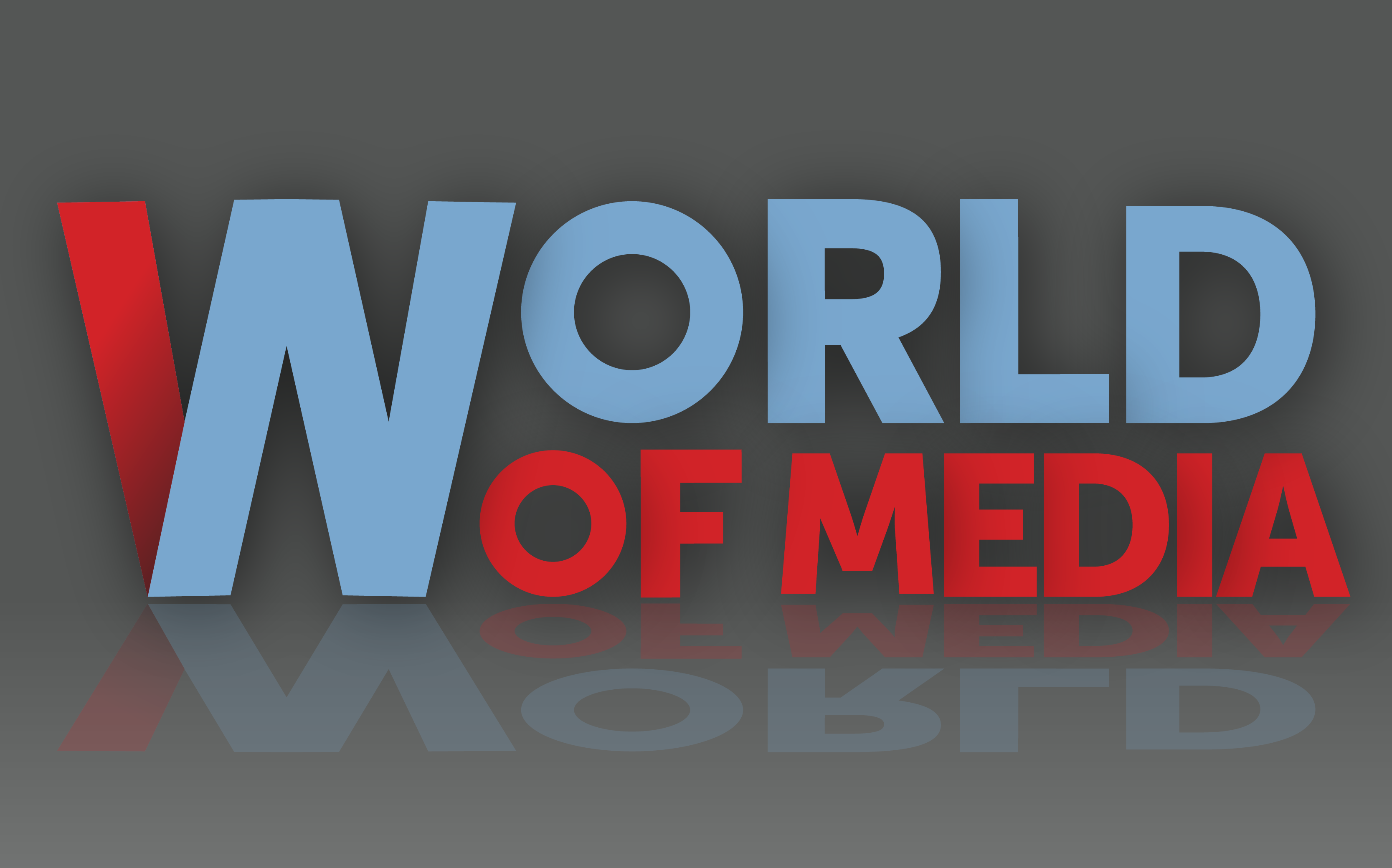The Media Online’s weekly wrap of need-to-know global media news.
Unilever to stop food and drink advertising to children

Unilever has announced that it will stop the marketing and advertising of its products to children by the end of this year. The FMCG giant was responding to concerns over rising global obesity rates, WARC reported.
In a blog post, Unilever said the WHO had identified childhood obesity as one of the most serious public health issues of the 21st century. “It’s a move designed to help parents, caregivers and kids make informed choices about the food and drinks they buy, and to address the rise of social media, and the vast increase in products on sale,” it said.
It will also implement strict controls around the placement and content of its ads.
For more on this story, go to WARC.
Coca-Cola aiming for the unity factor in new purpose-driven campaign

Coca-Cola is about to launch a new marketing campaign across 10 markets in Western Europe under the tagline ‘Everything is better when we’re open’. The aim is position Coke as something that unites people in an “increasingly divided and hostile world”.
“We shouldn’t take a stand on political issues, we should – and are – taking a stand on social issues. When we see divisions, discriminations, inequality, that’s where we want to talk. Coca-Cola doesn’t need to talk [about] Trump, or Brexit; these are not our issues,” Walter Susini, vice-president of marketing for EMEA told The Drum.
Read the The Drum story here.
Clooney moots targeted international sanctions for countries attacking rights of journalists

Amal Clooney has suggested a regime of targeted international sanctions against officials and prosecutors that detain or restrict journalists. The human rights barrister was appointed by the UK’s previous foreign secretary, Jeremy Hunt, as his special envoy on media freedom.
In her report, Clooney offers a “a blueprint for a radical extension of potential sanctions to protect reporters in countries such as Turkey, Iran or Saudi Arabia” The Guardian reported.
Read The Guardian’s story here.
JCDecaux’s VIOOH partners with Verizon Media to bring screen inventory to its marketplace

Verizon Media has partnered with the digital out of home marketplace owned by JCDecaux, VIOOH, to bring its digital billboard and screen inventory onto its demand-side platform.
Verizon did not confirm how many screens were being added to its inventory to The Drum, but said it was adding 25 million impressions per hour or 570 million per day in the UK, and more across its European holdings.
Read more in The Drum here
Kraft Heinz to slash its agencies by half

Kraft Heinz is to cut the number of creative and design agencies it works with by half and boost media spending by 30 percent, AdAge reported.
“Knowing you have problems is the first step,” CEO Miguel Patricio, who was brought in last year to revitalise the food company, told the trade publication. It reported its fourth consecutive decline in the last quarter of 2019.
“Plans include cutting the number of agencies Kraft Heinz works with by half, Patricio said. A slide shown during his comments noted that its relationships with 36 creative and design agencies would drop to 19. Agencies were not mentioned by name,” AdAge reported.
AdAge has the story.
Be my Valentine!
A 30 year old single man from Manchester has won himself a Valentine’s Day date after after spending more than £400 to advertise himself on a billboard, Sky News reported.
Mark Rofe received over 2 000 applications, telling the news channel he was fed up with online dating, and seeing all his close friends get married.

Sky News has the story.














